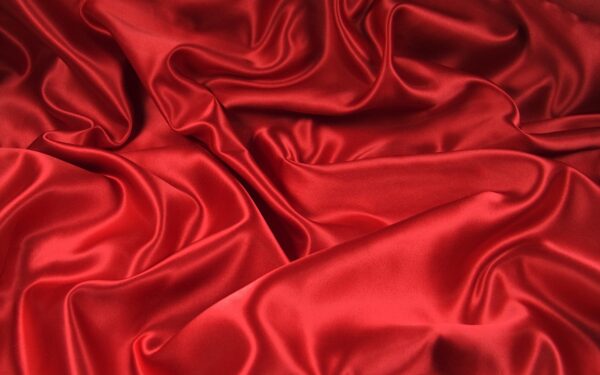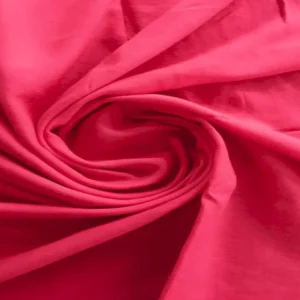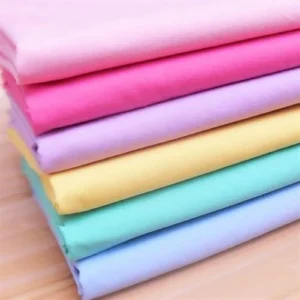Nylon fabric is a synthetic fiber that was first developed in the 1930s as a replacement for silk. Made from petroleum-based products, nylon is known for its strength, elasticity, and resilience. It is lightweight, water-resistant, and has a smooth texture, making it a popular choice for a variety of products, from clothing to industrial goods.
Nylon is a highly durable fabric, which makes it ideal for use in activewear, sportswear, and outdoor gear. It is commonly used for jackets, coats, leggings, swimwear, and athletic apparel due to its ability to withstand wear and tear. The fabric is also resistant to abrasions, making it well-suited for rugged outdoor activities and conditions.
Another advantage of nylon is its quick-drying properties. Unlike natural fibers such as cotton, nylon absorbs very little water, allowing it to dry quickly and remain lightweight. This makes it a great choice for swimwear, sportswear, and outerwear for rainy or damp conditions.
Nylon also has excellent elasticity, which gives it the ability to stretch and return to its original shape. This makes it comfortable to wear for activities that require flexibility, such as yoga, running, or climbing. It is often blended with other fabrics, such as spandex or elastane, to create stretchy, flexible activewear.
In addition to its strength and versatility, nylon fabric is resistant to mildew, moths, and sunlight, making it durable and long-lasting. However, it does have some downsides. Nylon is a non-biodegradable material, meaning it doesn’t decompose naturally in the environment, raising concerns about its sustainability. Also, due to its synthetic nature, nylon can generate static electricity and may feel less breathable than natural fibers like cotton or linen.





Reviews
There are no reviews yet.